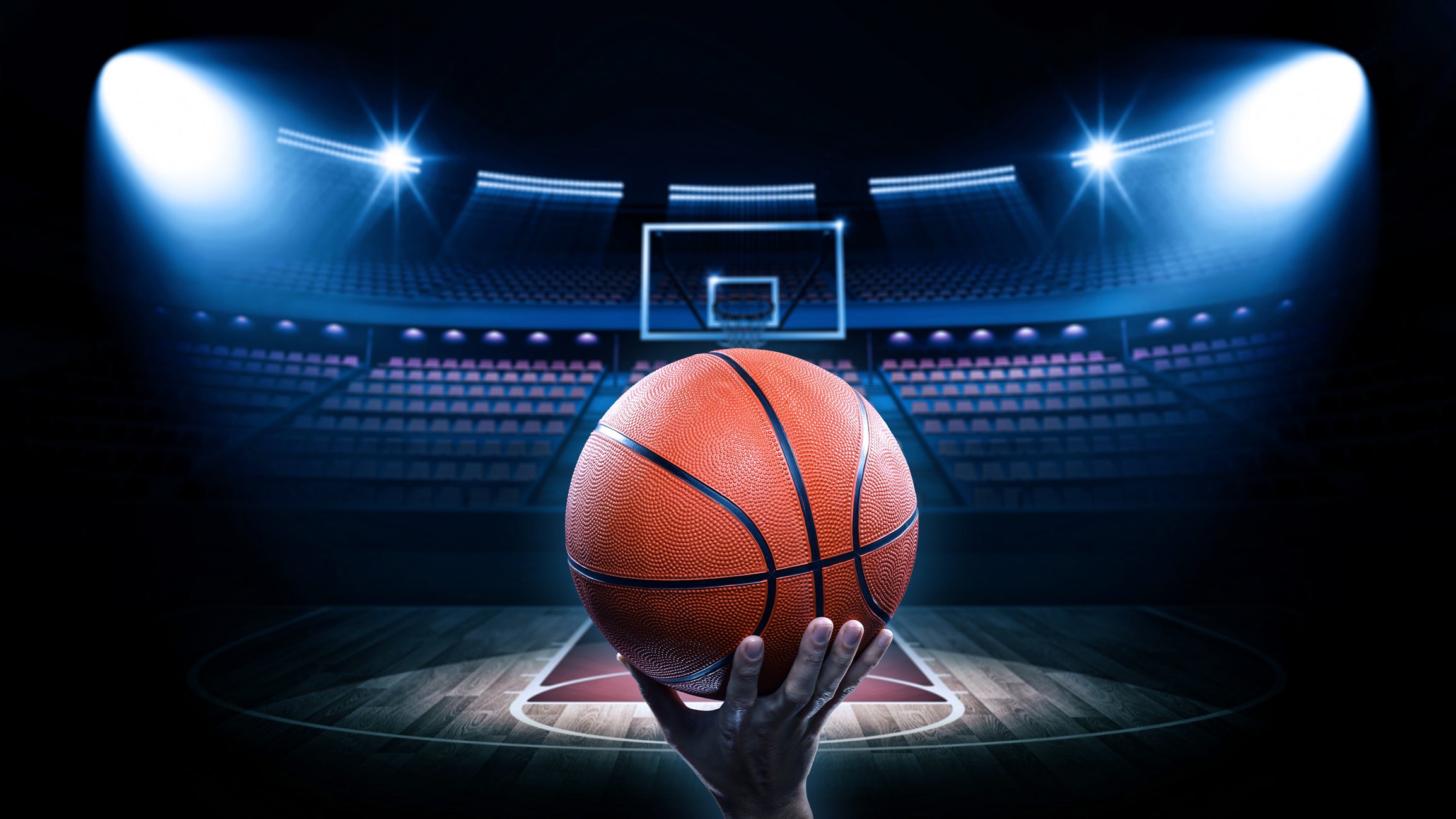As college athletics has evolved into a massive revenue-generating entity for many universities as well as the National Collegiate Athletic Association (NCAA), should the college athletes—who are key contributors in this endeavor—also be able to profit from their own name, likeness or image?
It’s a loaded question with far-reaching legal implications for the changing understanding of what it means to be a student-athlete. With several states already taking action, the NCAA and the federal government are increasingly under pressure to approve national standards to avoid a state-by-state patchwork of conflicting laws under which players’ rights would be determined by where they happen to play.
As the U.S. Congress considers federal legislation on the subject of name, image, and likeness (NIL) rights for student-athletes in the NCAA, the student-run Harvard Journal of Sports and Entertainment Law (JSEL) has published a special edition highlighting perspectives from professors, attorneys, sports agents, as well as current and former student athletes.
Managing Editor (Print) Eli Nachmany ’22 first proposed the idea of centering this issue around a single topic as a means of meeting a specific moment in time.
“I saw different states like California and Florida,” said Nachmany. “They were passing legislation on this issue. And I figured that Congress might step in with a federal bill to provide a national solution and kind of head off any issues with competitive parity that may result from not having one uniform national name, image and likeness law. So, the idea of this special edition was to give Congress some things to think about as it crafts national legislation on this issue.”
The NCAA has longstanding rules prohibiting any sort of compensation for student athletes in order to maintain their amateur status. At the same time, college athletics revenue from specific sports like basketball and football has skyrocketed, and the COVID-19 pandemic has spotlighted just how crucial the financial contributions of athletics programs are to many college and universities.
Just as importantly, with the rise of influencer culture, the journal’s editors say, some college athletes around the country have become stars, changing the power dynamics and culture of the sport, on and off the court.
“I think it’s an example of how sports can serve as sort of an accessible vector for looking at other issues,” said Co-Editor-in-Chief Will Lindsey ’21.
When former Duke University standout and future NBA first-overall selection Zion Williamson’s Nike shoe broke during a conference matchup against rival University of North Carolina at Chapel Hill, Lindsey recalled the multi-billion-dollar impact it had on Nike’s market share.
“If you are seeing someone with that sort of impact and influence, my view would be you have to change the rules,” he said. “There was probably never a circumstance where the NCAA envisioned that sort of impact. I think that if amateurs in the traditional sense start generating that sort of value, it just becomes unfair if they’re not being compensated, or at least acknowledged, just for the sake of amateurism. It’s more about fairness and less about the traditional amateur concept.”
While the marquee players like Williamson would seem to be the ones with the most to gain, Nachmany highlighted the fact that any student athlete would have the opportunity to reap the benefits.
“I think the thing that appeals most to me is the free market aspect of this and that it’s not your mandating every single athlete gets a fixed number, but you allow the different athletes to go out and obtain endorsements,” he said. “That’s a good thing in my estimation.”
“Some of the [athletic] conferences and the NCAA have already put forth proposals of what their dream bill looks like,” said Co-Editor-in-Chief Madison Martin ’21. But, she says, “It’s more in the hands of the people writing the laws at this point.”
Lindsey agreed, “I would say there’s a little tension between state legislatures and the federal government, and the federal government would like to get a cohesive bill out. States are codifying those interests a lot faster than the federal government has.” This has given rise, he said, to a debate about whether to let the states take the lead and enact comprehensive federal legislation.
As Congress moves to decide these issues, the JSEL editors hope that they have provided its members with some thought-provoking analysis and a variety of perspectives to reflect on.
“This past summer has definitely opened my eyes to how important journals are in that process,” said Martin. “Working on the NIL issue especially has really brought to light that we can be key players in these conversations. The journal is a really great opportunity to get involved and be someone who is sitting at the table.”
Lindsey and Nachmany also heralded the importance of the experience they gained working on a journal so early in their law school careers.
“The journal is really an extraordinary opportunity as a 1L to get involved with something at the school and see a tangible result almost immediately,” he said.
He also championed Harvard Law School’s sport law program.
“I think it’s impossible to overstate the impact that Professor [Peter] Carfagna has had on building a robust sports and entertainment community at Harvard,” Nachmany said, adding that he is confident that “we are one of the best, if not the best, sport and entertainment law programs at American law schools.”
For all three, while this special issue took a great deal of effort and hard work to come to fruition, it was absolutely worthwhile for them to bring these issues to light and advance the conversation.
